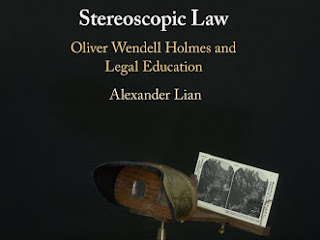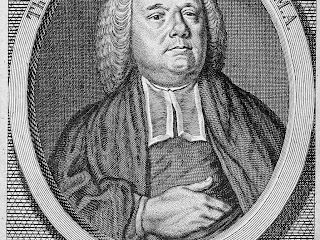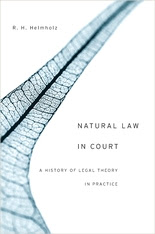Alexander Lian has just published Stereoscopic Law: Oliver Wendell Holmes and Legal Education (Cambridge University Press):
In this unique book, Alexander Lian, a practicing commercial litigator, advances the thesis that the most famous article in American jurisprudence, Oliver Wendell Holmes's “The Path of the Law,” presents Holmes's leading ideas on legal education. Through meticulous analysis, Lian explores Holmes's fundamental ideas on law and its study. He puts “The Path of the Law” within the trajectory of Holmes's jurisprudence, from earliest scholarship to The Common Law to the occasional pieces Holmes wrote or delivered after joining the U.S. Supreme Court. Lian takes a close look at the reactions “The Path of the Law” has evoked, both positive and negative, and restates the essay's core teachings for today's legal educators. Lian convincingly shows that Holmes's “theory of legal study” broke down artificial barriers between theory and practice. For contemporary legal educators, Stereoscopic Law reformulates Holmes's fundamental message that the law must been seen and taught three-dimensionally.
Some endorsements:
The Path of the Law has attracted and puzzled scholars for a very long time. Just what is it about? Alexander Lian has an answer: It is about legal education broadly understood. He demonstrates this proposition by carefully situating the piece in Holmes' many publications and in the thought of others of his time and acquaintance. The result is always interesting, somehow both analytically precise and neither hurried nor dense. Read the book slowly and enjoy it. Whether in the end one agrees with Lian's conclusion, one cannot fail to come away with a better understanding of Holmes, his times and the problems of becoming educated in law.
John Henry Schlegel, Floyd H. and Hilda L. Hurst Faculty Scholar, University at Buffalo School of Law
In this carefully researched, engagingly written, and highly original book, Alexander Lian draws on the voluminous scholarship on Holmes and the experience of a practicing attorney, who is trained in American intellectual history, to formulate a compelling theoretical foundation for legal education and legal practice rooted in Holmes's writings.
Bruce Kimball, co-author of The Intellectual Sword: Harvard Law School, the Second Century
Alexander Lian brings a key insight to our understanding of Holmes's famed Path of the Law article: Holmes presented it as a guide to law students in their study of law rather than as a commentary on the practice of law. Building on this insight, Lian offers an original, enlightening, and comprehensive reinterpretation of Holmes. Most important, we must not forget that Holmes approached his audience as a lawyer and judge, not as a legal academic. As such, Holmes presented the law in three dimensions, not as a flat or two-dimensional series of rules, but as a deeply historical enterprise.
Stephen M. Feldman, Jerry H. Housel/Carl F. Arnold Distinguished Professor of Law, University of Wyoming
Alexander Lian's new book about Oliver Wendell Holmes is a magnificent achievement. A major contribution to the Holmes literature, Stereoscopic Law looks at its subject in an original, revealing way: both with a wide angle and a zoom lens. With Holmes's famous lecture "The Path of the Law" as a springboard, Lian explores and probes Holmes's thinking as a matter of legal philosophy as well as Holmes's biographical and intellectual development. Stereoscopic Law, written accessibly and provocatively, is sure to push Holmes studies in a new, fruitful direction. It should be read and pondered by anyone interested in the history of ideas and the life of the mind.
Daniel J. Kornstein, lawyer and author of The Second Greatest American
--Dan Ernst






